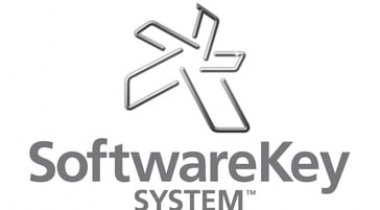CocoaPods is a dependency manager for Swift and Objective-C Cocoa projects.
CocoaPods
Customer Reviews
CocoaPods Reviews
Aldin K.
Advanced user of CocoaPodsWhat do you like best?
Setup is easy (and I was a beginner with iOS) and version control as well.
Its Swift compatibility is on point, and is pretty much used by that community.
A lot of open-sourced libraries.
Overall - quite a nice tool for handling your dependencies when you are a beginner with iOS development.
What do you dislike?
Slow-ish on installation and updates, could probably improve that.
Maybe a bit messy when creating your own pods/dependencies for publishing.
You don't get a notice when someone removes a dependency you used to use and cannot install it.
Not sure if I can tell whether the pod is functional before actually installing it.
At times there are backwards compatibility issues.
Recommendations to others considering the product:
When you are a beginner with iOS development (especially when we are talking about Swift), then your options in terms of ease of use are a bit limited. CocoaPodcs comes quite handy because of the ease of the setup and usage. If you are not a beginner then, well, you probably either used this already or are using something else, but in that case just do a little research on what are your needs in terms of dependency management compared to what CocoaPods offers vs their direct competitors.
What problems are you solving with the product? What benefits have you realized?
Handling project 3rd party dependencies and their versioning.
Also the other obvious one, creating a libraries of others to use as dependency in thier projects.
It helps you code less in terms of providing you with solutions someone already created and published on CocoaPods repository.
We created a corporate product API SDK and a showcase project on top of it that used the given API SDK (which is published on CocoaPods repo) as a "3rd party" dependency. Also, in terms of having that showcase project looking pretty and running smoothly we used a several of other dependencies which also contributed in having less code that is better formatted and more easily written with less boilerplate logic.
It allows you to define other specifics of your configuration such as format of debugging, config/target related specifics etc.









